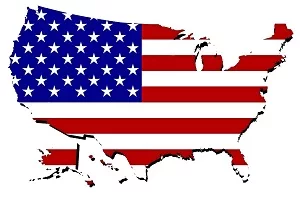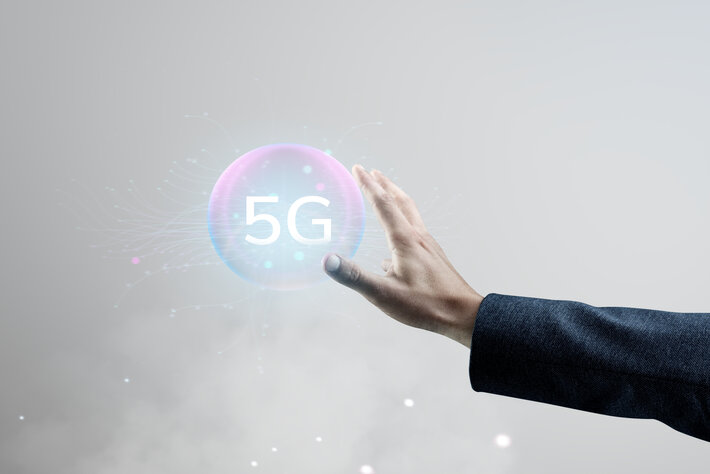Developments in the US, Germany and China point to the communications service provider (CSP) space going in the right direction. Business technology journalist Antony Savvas charts the progress.
Private wireless
UScellular and Ericsson have teamed up to provide private wireless network solutions for a broad category of industry segments. This includes an initial focus on Industry 4.0 manufacturing; logistics, distribution and warehousing; hospitals; and ports, utilities and airports.
UScellular is the fourth-largest wireless carrier in the US, providing national network coverage. The partners’ solution incorporates Ericsson’s private 5G network portfolio and UScellular’s connectivity services, and provides one point of contact for all system installations and lifecycle management.
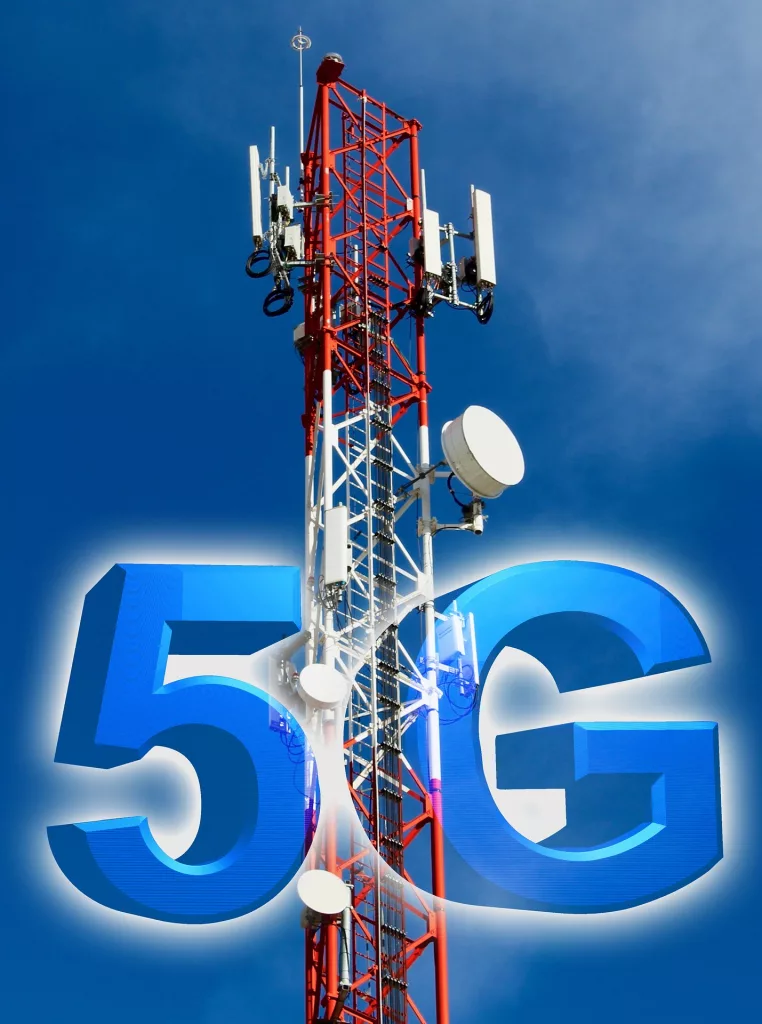
“UScellular is growing its private network capabilities and solutions for enterprise customers,” says Kim Kerr, senior vice president, enterprise sales and operations for UScellular. “Ericsson’s private 5G solution and UScellular’s strong coverage in markets that have established manufacturing, distribution and warehousing centres offer a great combination and value proposition.”
“We are seeing strong momentum for private networks driven by use cases that greatly benefit from 5G connectivity,” adds David Green, vice president and key account manager at Ericsson North America. “Partnering with UScellular’s strong coverage with our turn-key solutions will unlock new opportunities for customers across key industries.”
The private 5G market is a main driver for the 5G market generally, and matching key players in the West’s biggest economy is a boon for all market players when it comes to generating more business.
LEO
The low-earth satellite connectivity services opportunity is a growing one and is seeing alliances springing up in various markets between different satellite companies and between LEO operators and telcos, to widen high-speed/high-bandwidth connectivity generally and to make sure hard-to-reach areas are well served.
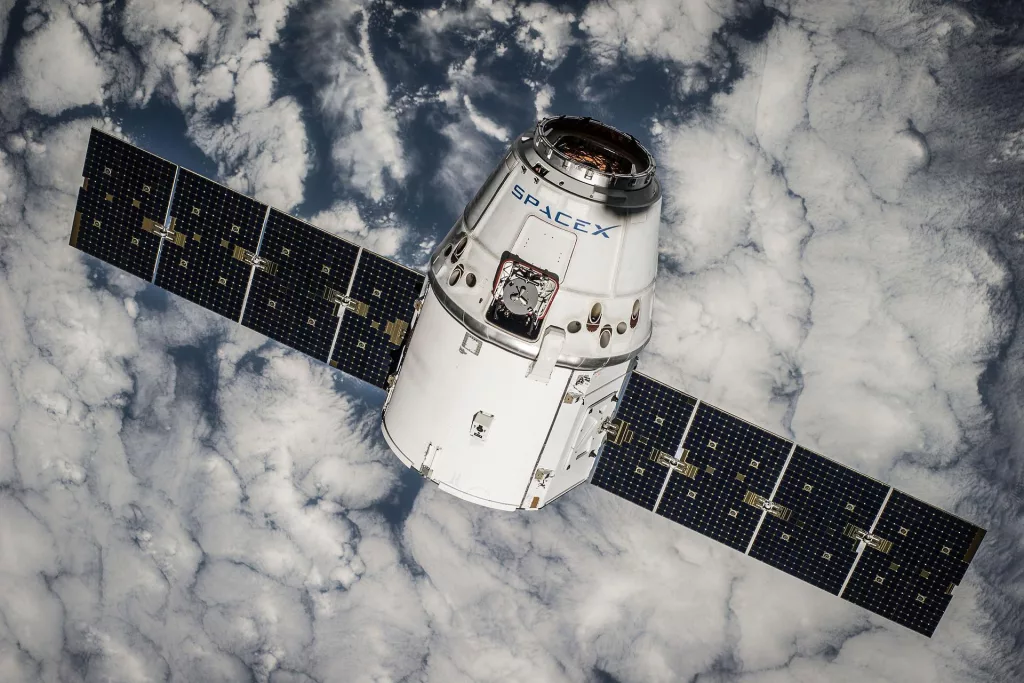
In a further positive move, Dish Network is merging with EchoStar to create a “global leader in terrestrial and non-terrestrial wireless connectivity”.
The deal sees Dish Network’s satellite technology, streaming services and 5G network being wedded to EchoStar’s satellite communications solutions. The new company will be valued at about $6 billion (€5.48 billion), and will deliver a wider set of communication and content distribution capabilities.
The interesting angle here is that EchoStar was originally spun off by Dish Network only five years ago. The marriage is seen by the two companies as a way to ‘build growth and achieve long-term sustainability’.
A lot has happened in the satellite connectivity business in the last five years, and this development demonstrates that the fortunes of nascent technologies can change for the better in extra quick fashion.
Juggernaut keeps pace
In recent times, the German juggernaut that is Deutsche Telekom has not been on a straight path to growth and profitability, but it seems to be getting there now.
Cost-cutting, in the form of job losses and pulling out of non-niche business activities, may have been a factor, but Deutsche’s report card for the second quarter ended June 2023 is positive.
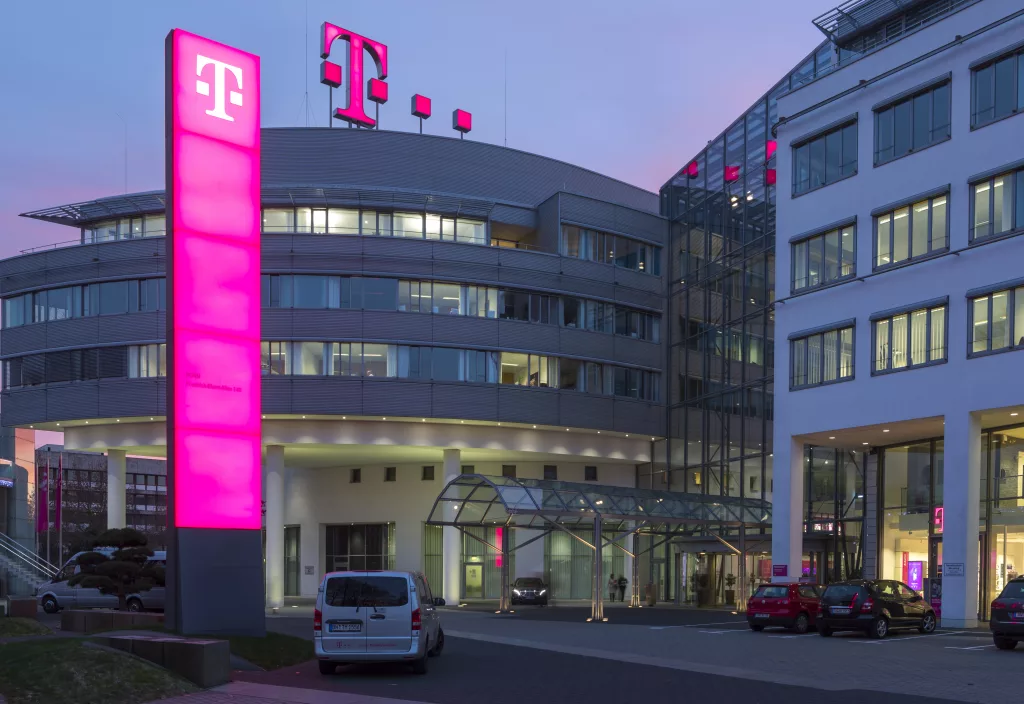
With the company’s T-Mobile US unit having already raised its guidance, the group is also raising its forecast for adjusted EBITDA. “This raise reflects high expectations for the business in Germany and Europe,” it says.
For the full year, adjusted EBITDA of around €41 billion is now expected, up from the previous guidance of around €40.9 billion.
“We continued our successful course in the second quarter,” says Deutsche Telekom CEO Tim Höttges. “Our businesses are developing well, despite complex market environments. This is underscored by our organic growth rates for service revenues, earnings, and free cash flow.”
For the second quarter, adjusted EBITDA rose by 1.5% to €10 billion. In organic terms, it grew by 3.8%.
While the main services business segment in the group’s sales increased 1.4% to €22.9 billion, the total net sales figure slipped 2.4% to €27.2 billion.
The T-Systems unit, which has been a problem child in recent years, increased revenue in the second quarter by 4.8% in organic terms, to €959 million.
All major European telco incumbents have struggled overall in the face of a rapidly changing market, and as smaller and nimbler competitors have bitten at their heels, so Deutsche doing better helps pulls everyone along.
China syndrome
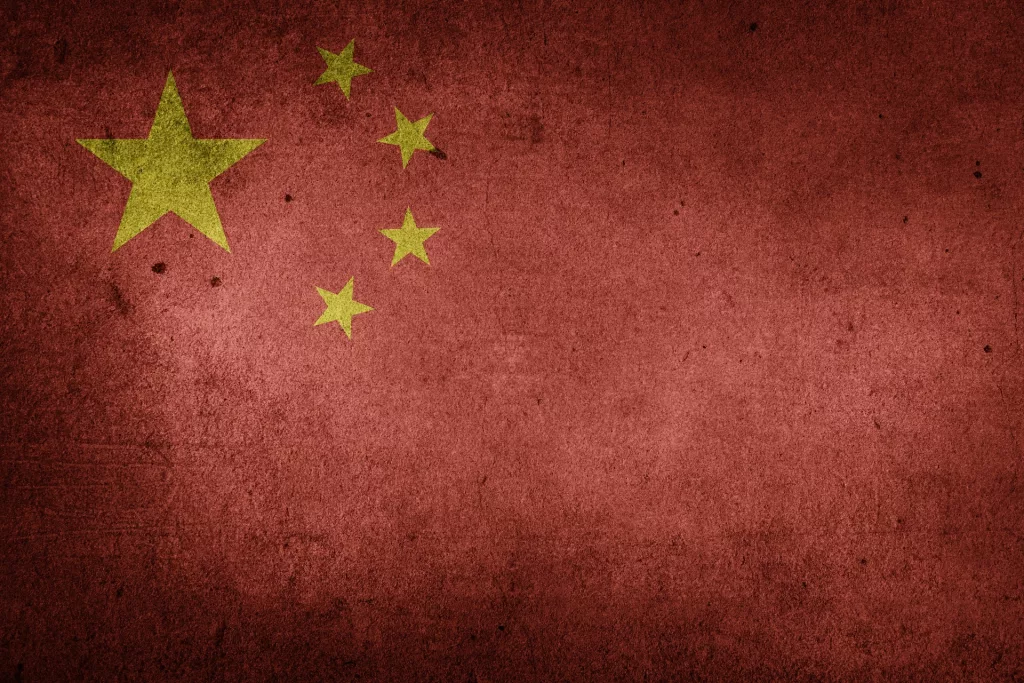
The idea that Chinese communications companies would dictate the market in the West is seemingly well gone, in the face of sanctions from the US and its political/business allies, but China’s main players still burrow deep in Asia, the Middle East and Africa.
Huawei’s latest results illustrate the point, even as its own domestic economy slows. In the first half of 2023, the company saw a 3% year-on-year rise in sales to $43 billion (€39.28 billion), covering the main ICT infrastructure business, consumer products, cloud services, smart vehicles, and other business lines.
While the firm did not disclose any profit figures for the period, it is undoubtedly focusing on overall growth and making sure it can protect itself from current business and technology sanctions from the West.
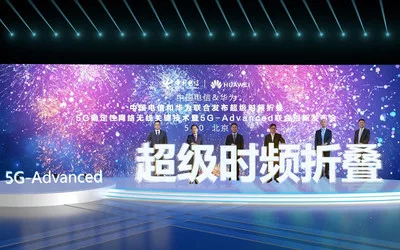
In an upbeat message to the communications market and the business world in general, Sabrina Meng, Huawei rotating chair, says: “Huawei has been investing heavily in foundational technologies to harness trends in digitalisation, intelligence, and decarbonisation, focusing on creating value for our customers and partners.
“In the first half of 2023, our ICT infrastructure business remained solid and our consumer business achieved growth. Our digital power and cloud businesses both experienced strong growth, and our new components for intelligent connected vehicles continue to gain competitiveness.”

When the geopolitical situation for Huawei and its compatriots will change for the better is anyone’s guess, but a real cold war affecting the CSP front would be difficult to envisage. This is considering the very high number of communications patents Huawei holds, which cover technology that is widely used by Western suppliers, and the global standards bodies stuffed with Huawei and other Chinese executives.
The author is Antony Savvas, a global freelance business technology journalist.
Comment on this article below or via Twitter: @VanillaPlus OR @jcvplus

